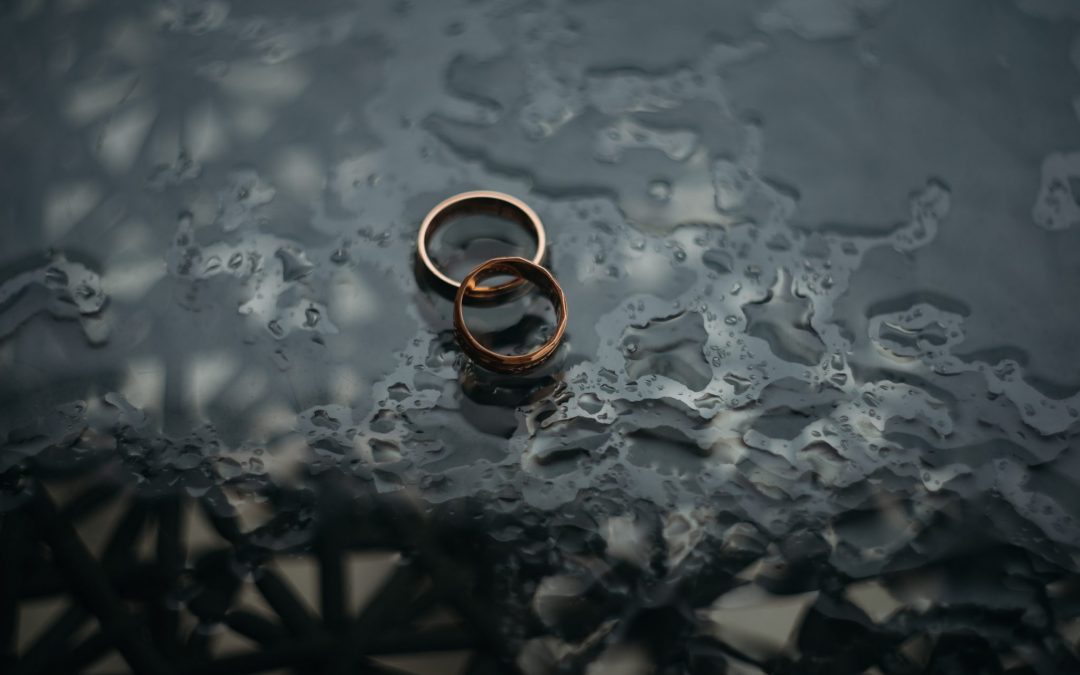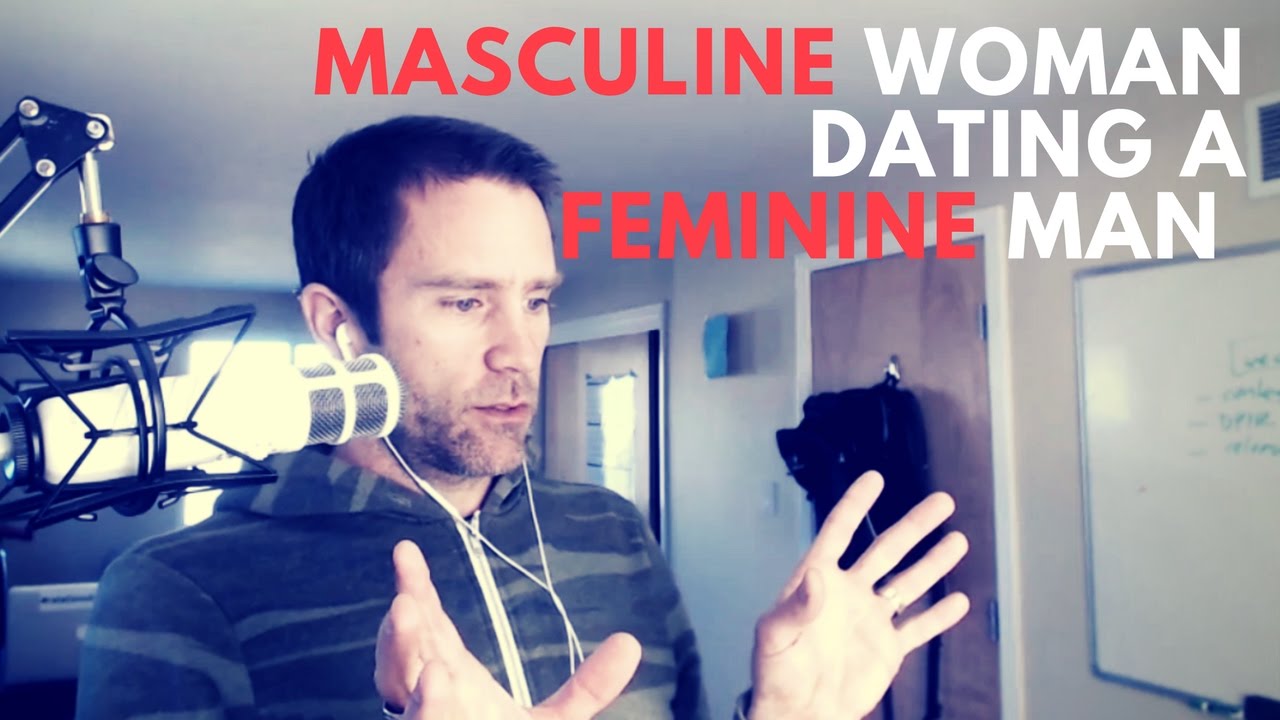Dating Post Divorce: Ten Tips for the Badass Divorcée Who’s Ready to Date Again
First off, my condolences and congratulations on your divorce.
You have been through hell, a war, an awakening, and nirvana all at once. I feel you! And now you’ve made it to the profoundly and sometimes disturbingly fascinating land of dating post divorce. If you have encountered a photo of a man on a dating site posing with a freshly caught fish, you are well on your way.
Perhaps you have perused an image of a woman triumphantly grasping a wine glass surrounded by her girlfriends in wine country. You have arrived! Okay, enough of the snark. Dating post divorce is severely vulnerable and easily anxiety-provoking. Highs and lows covertly adorn every corner.
The truth is that we are a uniquely flawed and perfect culture of humans who have had our hearts and families shattered and battered with a flavor of pain that only we know. Ironically, dating post divorce takes courage as we are putting ourselves out there for the first time with this unspoken ubiquitous reality among us, and feel pressure to do it confidently and with a smile on our faces, like we have our f*cking sh*t together. We do have our sh*t together, given the badassery required to come out on the other side of divorce. Let’s celebrate that!
Here are 10 things to consider as you embark upon this resplendently bittersweet and bizarre journey of dating post-divorce:
- Learn your attachment style. You may wonder what that is—so take a listen to the Smart Couple podcast episode with Diane Poole here. Trust me, this will come in handy while dating post divorce, as you meet someone and almost instantly, you find yourself fantasizing about your wedding or, on the flip side, wanting to retreat to a cave in isolation.
- Use your imagination. Allow yourself to create the “ideal dating scenario” or “ideal partnership” that you are looking to attract. Here is the fun part of dating post divorce: allow yourself to indulge creatively. You deserve the best scenario possible!
- Expect to have feelings come up about your ex—that you may have thought were resolved. Perhaps you miss them, or compare new people to them, or feel a strong aversion to them as you meet others who feel like a much more appropriate fit. You may even find yourself wishing for your old life as you venture into a significant discomfort zone. The important to think to remember while dating post divorce is to resolve any old issues and move forward with a positive outlook.
- Know your needs. I can’t preach this enough when dating post divorce. What are you willing to tolerate? What is a total deal-breaker? If something feels like it is crossing the boundary of your needs, honor the f*ck out of that! When something feels out of integrity with your needs, step back, and re-calibrate. This episode of the Smart Couple Podcast explores the 4 non-negotiable needs we all require for a secure partnership.
- We will become fluent in rejecting and being rejected. So, for the love of humanity, be compassionate! Do not ghost people! Dating post divorce can get tricky. It might see like an easy solution to stop talking someone you had no chemsitry with, but ghosting is beyond painful and flat-out blows. Lead the conversation with vulnerability. “Thank you for the date. It is hard for me to say this (if, in fact, it feels hard) but I am just not feeling the connection that I am looking for.” Feel free to copy and paste this. I implore you to be transparent. If everyone practiced honest communication, we could create a dating revolution. Listen to Jayson’s talk on rejection here: “How to overcome Rejection in 2 steps.”
- Most of us will experience a sexual reawakening. With dating post divorce, you get to choose exactly how you want that to look. Maybe you will have some casual fun. Perhaps you need an exclusive commitment and deep love to be sexual with someone. Once again, here is an opportunity to own your needs and be honest with yourself. Indeed, there will be uncomfortable cringe-worthy conversations about birth control, STD testing, and the list goes on.
- Grief may erupt in the most unexpected situations. You could be out on the town enjoying your new singlehood one minute, and a moment later be haunted by memories of your old life. Dating post divorce brings up many emotions that hit you like a ton of bricks. Maybe you suddenly miss your kids when your house feels quiet and vacuous during their visits with your ex. It hurts with a searing ferocity. Allow yourself to feel the uniquely nuanced versions of pain. Something that was once familiar and precious is no longer there. Take all the time you need to emote, care for yourself, and grieve.
- Expect a significant self-discovery phase. Dating post divorce is so much more than going out on dates. It is an education. The people you date all have vastly fascinating life stories. We have all seen some things in this phase of life! There is so much to learn—about yourself and another human—just by sitting across from each other on a casual coffee date. Be present to what unfolds. Notice how you feel in your body and mind when in another’s company.
- We may activate old childhood wounds that have been dormant for a long time. Maybe you feel the urge to please in hopes to get the love that you want. Do you want to be a caretaker? Do you want to isolate and retreat because shame envelops you? Does being alone feel more attractive because you are fearful that no one can fully be there for you? Do you get triggered by someone’s needs or emotions? When it comes to dating post divorce, chances are all of these reactions are your old baggage coming to visit you. They say that we subconsciously seek out people to act out old emotional wounds with so they can show us what we need to heal.
- Trust yourself! You will have advice coming at you from all directions. Regardless of what you hear from the outside, you know yourself best! Anything I write or that you hear from your friends or a therapist is inconsequential compared to your wisdom and intuition. Now is a perfect time to stand strong in your own innately unique resources. You’ve got this!
I wish you abundant peace and love in your dating post divorce journey! For more dating and relationship tips, check out the Relationship School Blog, by clicking here.
Photo by Zoriana Stakhniv on Unsplash Find out more about Keri on Facebook to see the amazing work she’s doing as a Relationship Coach!















